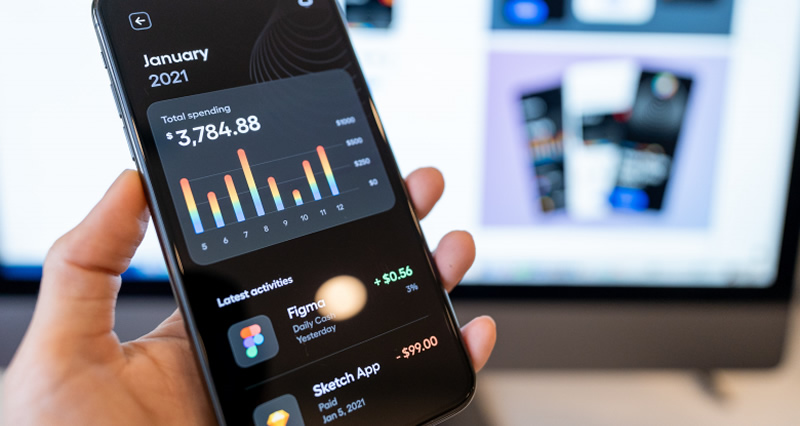
Open Banking is a series of guidelines in the UK that means banks must let you share your banking information with third parties – if you want to.
Notoriously striving to be extremely secure, banking systems have previously locked out even their own customers, especially when it comes to plugging in externally-managed services to their accounts.
But the Competitions and Markets Authority have decided a couple of years ago that British customers can authorize the sharing of their financial data, and this has opened up opportunities customers have never had before.
What does open banking allow you to do?
By using the new open banking rules, you can do things like connect apps to your accounts to analyse your spending habits and make suggestions about how you can save money.
Any kind of personal account you hold that is in some way accessible online will eventually be applicable. That could be your current account, credit card or savings account.
You might be able to outsource some of your banking functions to people other than your bank, looking elsewhere for loans and savings services that compare favourably to those your own bank can offer.
Of course it makes sense that your bank might not want you to do this, but if you’re in the UK then your bank no longer gets to deny you this option.
So what are some real world examples of open banking in action?
Well, there are apps like Moneybox, which rounds up your purchases to the nearest pound and then squirrels the change away as savings.
These kinds of apps can do the daily work of saving you money without you having to think about it.
And then there’s the meatier functions of companies like Canopy, which can track your rent payments and make sure they count towards your credit score, so that renters aren’t disadvantaged when it comes to getting credit.
How do I know it’s secure?
As you might expect, not everybody trying to get in on the open banking game has your best interests at heart.
The Financial Conduct Authority regulates the genuine players in this market, and also keeps track of the trusted and regulated third party service suppliers on the FCA Register.
This extra layer of security means you’re protected in case any of those third party apps and sites decided to defraud you (which is highly unlikely if they’re on the register in the first place).
You can also check the Open Banking Directory to make sure you’re dealing with an above board company. If you happen to be unfortunate or unwise enough to start using an app that isn’t regulated, and you do fall victim to fraud, you might not be able to chase down the culprit and get that money back.
What if I don’t want to share my data?
Then you don’t have to! The concept of open banking is an entirely voluntary one, so it’s there if you want to use it but there’s no pressure to use it if you don’t want to.
Just bear in mind that it could be saving you money, and it’s likely to become more and more common.
So if you want to safely dip a toe into the open banking waters with a trusted budgeting app you could find yourself fully prepared for the future of finance.
